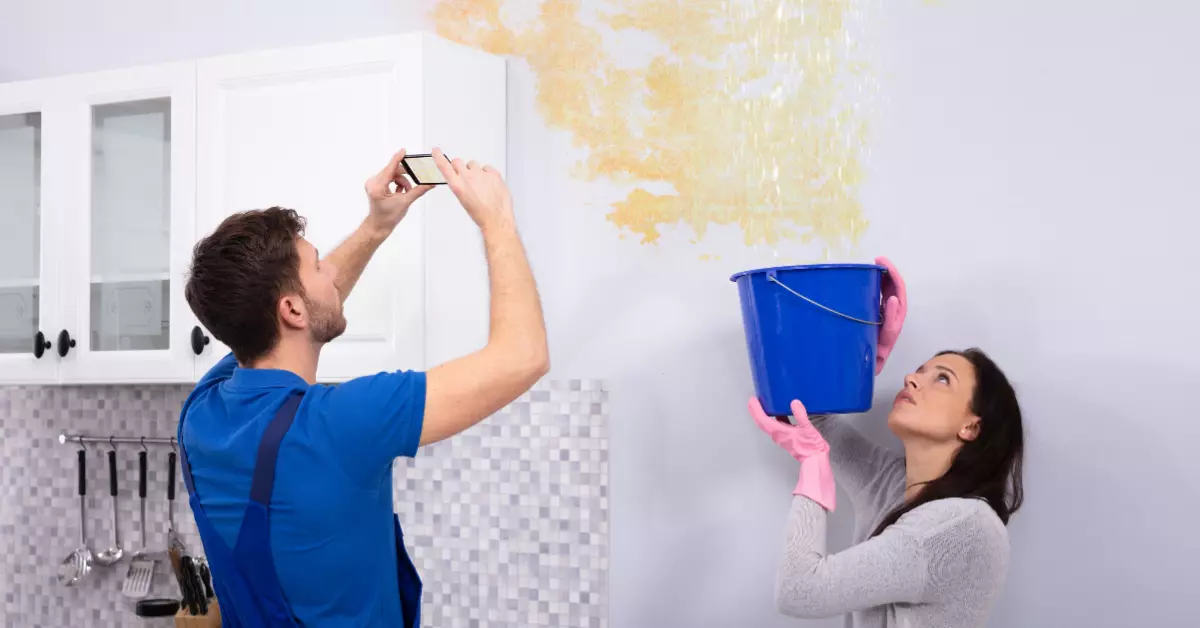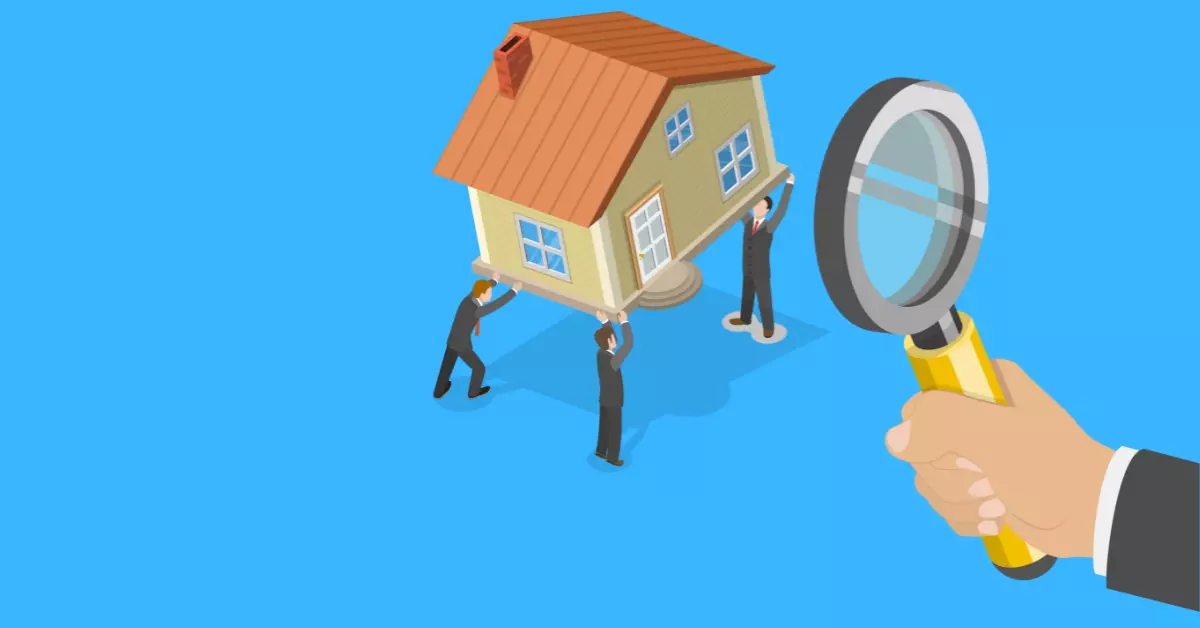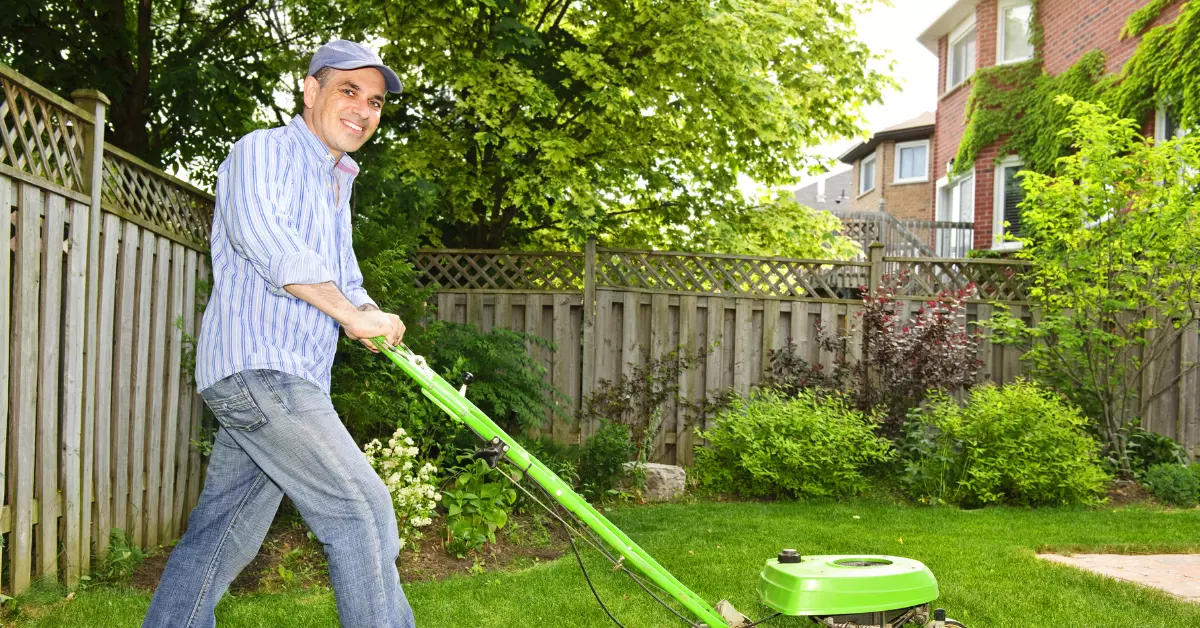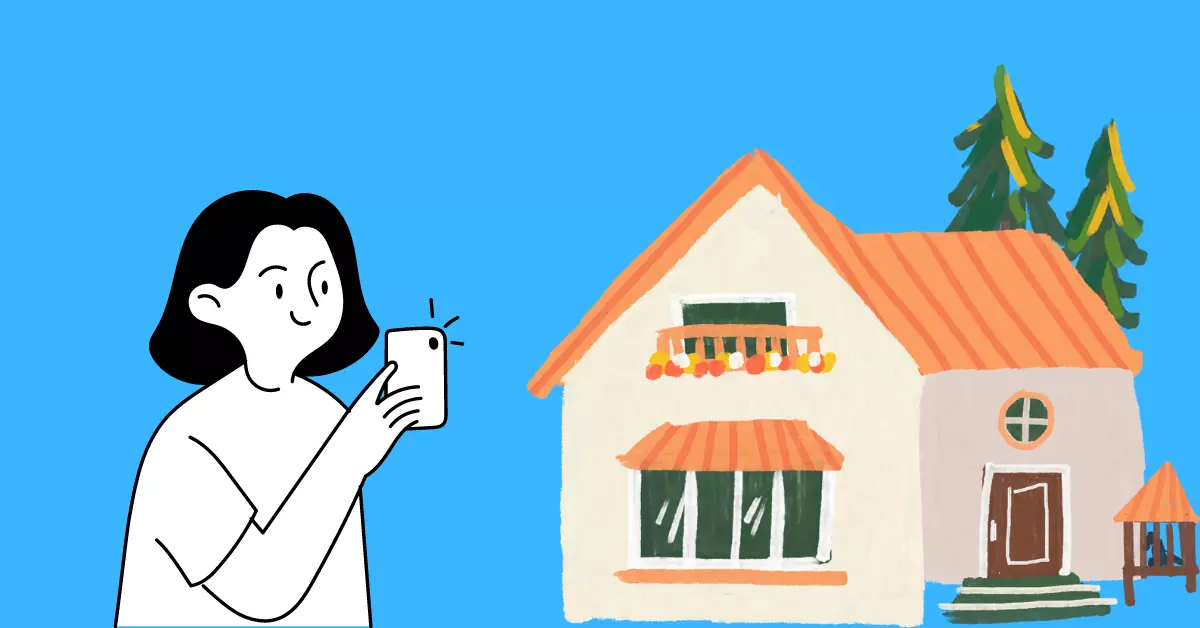Can a Landlord Take Photos During an Inspection Nsw?
Yes, a landlord can take photos during an inspection in NSW. However, there are certain guidelines they must follow to ensure the tenant’s privacy rights are not violated.
Before taking any photos, landlords must provide tenants with written notice of the inspection, including the date and time of the inspection, at least 7 days in advance.
During the inspection, landlords should avoid taking photos of personal items or anything unrelated to the rental property.

Understanding The Legality Of Landlord Inspections
As a tenant, having your landlord or property manager inspect your rented premises can be quite daunting.
You may feel like your privacy is being invaded, especially if you are not aware of your rights. This section will help you understand the legality of landlord inspections in NSW.
Explaining The Nature Of Routine Inspections
Routine inspections are regular inspections conducted by the landlord or property manager to ensure that the property is well-maintained and any repairs are necessary.
The frequency of routine inspections can vary and may be stated in your tenancy agreement.
Here are some key points to note about routine inspections:
- These inspections are not meant to snoop around, but to check whether the property is being well-maintained and whether any repairs are necessary.
- Routine inspections could be quarterly, half-yearly, or yearly, depending on the tenancy agreement.
- Your landlord or property manager should give you adequate notice before conducting any routine inspections.
Discussing The Laws Governing Inspections In Nsw
In NSW, the residential tenancies act 2010 and residential tenancies regulation 2019 govern the landlord-tenant relationship.
These laws outline the rights and obligations of landlords and tenants, including inspections. Here are some crucial points to note about inspections in NSW:
- The landlord or property manager must provide you with advanced written notice before conducting inspections. The notice period will depend on the type of inspection.
- The landlord or property manager must conduct inspections at reasonable times and give you reasonable notice.
- You have the right to be present during inspections, and the landlord or property manager must respect your privacy during the inspection.
The Difference Between Routine Inspections And Prospective Buyer Inspections
Routine inspections are different from prospective buyer inspections. Prospective buyer inspections are conducted when the owner of the property intends to sell it, and a potential buyer wants to view the property. Here are some key differences between the two types of inspections:
Routine inspections:
- The landlord or property manager conducts these inspections on a regular basis.
- These inspections are done to ensure that the property is well-maintained and any repairs are necessary.
- The tenant is usually present during these inspections.
Prospective buyer inspections:
- These inspections are conducted by the landlord or property manager when the property owner intends to sell the property.
- These inspections are done to showcase the property to potential buyers.
- The tenant may or may not be present during these inspections.
Detailing The Notice Periods Required For Different Types Of Inspections
As stated earlier, the landlord or property manager must provide you with adequate written notice before conducting any inspections. In NSW, the notice periods will depend on the type of inspection. Here are the notice periods required for different types of inspections:

Routine inspections:
- The landlord or property manager must provide you with at least seven days’ written notice before conducting any routine inspections.
Prospective buyer inspections:
- The landlord or property manager must provide you with at least 14 days written notice before conducting any prospective buyer inspections.
Emergency inspections:
- In case of an emergency, the landlord or property manager does not need to provide you with advanced notice before conducting an inspection.
Tenants have several rights when it comes to inspections under the laws governing landlord-tenant relationships in NSW. Landlords must provide adequate notice and respect tenants’ privacy during inspections.
The Purpose Of Routine Inspections
The Importance Of Routine Inspections
Routine inspections are a vital aspect of landlord-tenant relationships. They allow landlords to ensure that the property is well-maintained, while tenants can be assured that the rental is in a safe and healthy condition. There are several reasons why routine inspections are crucial.
- Helps landlords identify any maintenance issues before it becomes major problem.
- Provides tenants with an opportunity to bring up any issues or concerns with the property.
- Allows landlords to ensure that tenants are complying with the lease agreement.
- Ensures that there is no illegal activity taking place on the rental property.
- Helps to maintain a good relationship between the landlord and tenant.
The Legal Obligations Of Landlords In Ensuring Tenant Safety And Health
Landlords have various legal obligations when it comes to ensuring tenant safety and health. These obligations are in place to ensure that tenants are protected, and their basic needs are met. Some of the legal obligations landlords are responsible for include:
- Ensuring that the rental property is safe to live in and meets building codes, fire regulations, and other safety standards.
- Maintaining the rental property to a habitable standard, which includes providing a working toilet, shower, and basic amenities like heating and cooling.
- Providing tenants with adequate notice before entering the rental property for an inspection.
- Making sure that repairs are completed promptly.
If a landlord fails to fulfill these legal obligations, tenants have the right to take legal action against them.
The Responsibilities Of Landlords In Maintaining Rental Properties
Landlords have various responsibilities when it comes to maintaining rental properties. Maintaining a rental property is essential to keeping it in good condition and preserving its value. Some of the responsibilities of landlords in maintaining rental properties include:
- Inspecting the property regularly to ensure it is well-maintained and addressing any issues that arise.
- Conducting repairs and maintenance promptly to prevent further issues.
- Providing necessary equipment and services, like water, electricity, and gas, in working condition.
- Maintaining a safe and healthy living environment for tenants.
- Addressing pest control issues immediately.

The Benefits Of Routine Inspections For Both Landlords And Tenants
Routine inspections offer several benefits to both landlords and tenants. These benefits include:
- Helping landlords identify potential issues before they become major problems.
- Allowing landlords to maintain a good relationship with tenants and address any concerns they may have.
- Ensuring that rental properties are in good condition and preserving their value.
- Providing tenants with the opportunity to identify any issues that need to be addressed.
- Creating a sense of accountability for both tenants and landlords.
Routine inspections play a crucial role in maintaining a good landlord-tenant relationship. It provides landlords with the opportunity to maintain their property.
Tenants are ensured that their rental is well-maintained and that their basic needs are being met.
Landlords have various legal obligations that they must fulfill, which include ensuring tenant safety and health and maintaining rental properties to a habitable standard.
They also have several responsibilities, including conducting repairs and maintenance promptly and addressing any pest control issues that arise.
Finally, routine inspections offer numerous benefits to both landlords and tenants, including identifying potential issues before they become major problems and maintaining a good relationship between both parties.
The Permissibility Of Taking Photos During Inspection
These inspections may involve taking photos to document the state of the property at a given time, but is it legal to take photos during an inspection in nsw?
The Legal Permissibility Of Taking Photos During Routine Inspections
Under the residential tenancies act, landlords have the legal right to inspect their property with prior written notice to their tenants. This notice can be up to fourteen days ahead of the proposed inspection date.
Landlords should also provide their tenants with an inspection report detailing the property’s state after the inspection.
This report may also include photos, so long as these photos are taken legally and follow privacy laws.
Detailing The Circumstances Under Which A Landlord Can Take Photos
As previously mentioned, landlords have the right to inspect their property with prior written notice. However, landlords should only take photos in the following circumstances:
- To document a specific issue with the property, such as taking photos of a leaking roof or mold on a wall.
- To prove that the tenant is not adhering to their tenancy agreement by documenting any damage caused by the tenant.

The Limitations Imposed On Landlords In Taking Photos
It is important to note that landlords have a legal obligation to ensure their tenants’ privacy and are therefore restricted from taking photos during an inspection. Some notable limitations include:
As a landlord, routine inspections of your rental property are essential for guaranteeing that it is in immaculate condition and making sure that your tenants are adhering to your tenancy agreement.
- Not taking photos of personal items owned by tenants, such as identifying documents, clothing, and photos.
- Not taking photos if the tenant is in the property at the time of the inspection.
- Not taking photos using cameras fitted with zoom lenses that may capture images of items like the tenant’s computer screen or personal items.
The Protection Afforded To Tenants Under Privacy Laws
Tenants in NSW have legal protection under privacy laws that are essential to protect their privacy during a property inspection. Landlords are legally obliged to ensure that their tenants’ personal data and equipment are protected during an inspection.
Tenants may withhold consent in some circumstances, such as if they are recovering from an illness or if they feel threatened by their landlord.
Landlords in NSW can take photos during routine inspections, but they must ensure that they are legally permitted to do so and follow privacy laws and protections.
By keeping in mind the guidelines above, landlords can document their property’s condition while respecting their tenants’ privacy.
FAQs on can a landlord take photos during an inspection nsw?
Can A Landlord Take Photos During An Inspection In NSW?
Yes, a landlord can take photos during an inspection in NSW as long as they provide the required notice and seek the tenant’s consent beforehand.
How Much Notice Do Landlords Need To Give Before An Inspection?
In NSW, landlords must give 7 days’ written notice before an inspection, and they must be carried out between 8 am-8 pm on a weekday or Saturday.
Can A Tenant Refuse An Inspection By Their Landlord?
Although tenants have a right to quiet enjoyment, they cannot refuse inspections by their landlord as long as proper notice is given and the inspection is reasonable.
Can A Landlord Use Inspection Photos As Evidence In Court?
Yes, landlords can use inspection photos as evidence in court as long as they were taken during a routine inspection and not unlawfully obtained.
Conclusion
Sure, navigating the rules around inspections in NSW can be tricky. If you’re a landlord in NSW, taking photos during an inspection is generally permissible.
But you must respect your tenant’s privacy and abide by specific legal requirements. Understanding these nuances ensures a smoother relationship between you and your tenant.